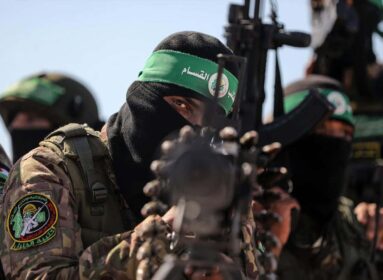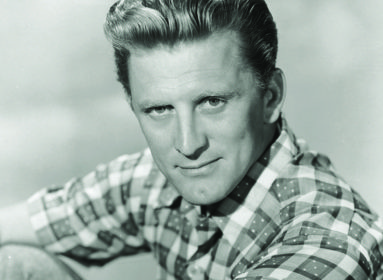By Cindy Mindell
NORWALK – This week marked the shloshim of Rabbi Abraham Hecht, the end of the 30-day mourning period since his death on Jan. 5 at age 90.
Much has been written about Hecht in obituaries throughout the U.S. and Israel, lauding one of the most prominent American rabbis of the last century. Respected as a learned Torah scholar and the spiritual leader of the largest Sephardic congregation in the U.S, Hecht was a disciple of the last Lubavitcher Rebbe, Menachem Schneerson, and of the previous Rebbe, Yosef Yitzchok Schneersohn.
He also made a significant mark in Connecticut, helping to open the first chabad Jewish day school in the state, New Haven Hebrew Day. The school, developed and run by his brother, Rabbi Dr. Maurice (Moshe) Hecht, is now Southern Connecticut Hebrew Academy in Orange, led by Maurice’s son, Rabbi Sheya Hecht.
Hecht’s relationship with Schneerson goes back to 1929, when the Lubavitcher Rebbe first visited the U.S. and spent a Shabbat at the Hechts’ home in Crown Heights. A decade later, at age 17, Hecht was the youngest of nine gifted yeshiva students from Brooklyn invited to join the Rebbe’s yeshiva school in Warsaw, Poland. Within a few days of the group’s arrival, the first Nazi bombs fell on the city, and the Rebbe sent the boys back to New York with a promise that they would meet again.
Hecht was among the thousands who greeted the Rebbe on Mar. 19, 1940 when he disembarked in the port of New York. The young man was one of 10 students selected for the Rebbe’s newly established rabbinical school in Brooklyn, where he was ordained in 1942.
Two years later, Hecht married Leiba Greenhut and moved to Boston to continue the work of the Rebbe. While vacationing in Fleischmanns, N.Y., Hecht was invited by a group of New York-based Syrian Jews staying at the resort to address their minyan. He would go on to serve the Syrian Jewish community for the next 50 years, as senior rabbi of Congregation Shaare Zion in Brooklyn and as an advocate for Syrian and Egyptian Jewish refugees in the ‘80s.
“Many things the Rebbe wanted to accomplish in America were done through my father,” says Rabbi Yehoshua Hecht of Beth Israel Synagogue of Westport/Norwalk. “For that reason, he was considered a ‘rabbi’s rabbi.’”
In addition to his role as a congregational rabbi, Hecht was president of the Rabbinical Alliance for 30 years, the longest-serving head of a major rabbinical organization. He was invited to deliver the opening benediction before the U.S. Congress on several occasions, and was a prolific author and widely sought-out orator.
Among all the good work Hecht is remembered for, his name is also linked to one of the darkest moments in Jewish history, the assassination of Israeli Prime Minister Yitzchak Rabin on Nov. 4, 1995.
Five months before the incident, while speaking at a rabbinical conference in New York, Hecht participated in a discussion about the Israeli government’s proposal to cede parts of the Gaza Strip and West Bank to Palestinian control. Basing his opinion on the teachings of Maimonides, Hecht cited Jewish legal clauses prohibiting the sacrifice of Jewish life and security in the name of political expediency. In a letter to Rabin, Hecht warned that the land concessions outlined in the 1993 Oslo Accord would set a dangerous precedent. Quoting from Maimonides, he stated that anyone who gives up land or property of a fellow Jew endangers that person and is therefore considered a “rodef,” or “pursuer” bent on murder. According to the law, if that person is warned to stop and refuses to do so, he or she must be killed.
When Rabin was murdered, Hecht was accused by U.S. and Israeli liberal media outlets of rabble-rousing. He was suspended with pay from his Shaare Zion pulpit and later given the position of rabbi emeritus.
The chief rabbis of Israel would continue to consult with Hecht. Last March, on the occasion of the rabbi’s 90th birthday, Chief Sephardic Rabbi of Israel Shlomo Amar paid a visit and asked forgiveness on behalf of the people of Israel, according to Rabbi Yehoshua Hecht. During the celebration, leaders of Congregation Shaare Zion made a public apology.
“My father was the protector of his people,” says the younger Hecht. “In the world of ‘those who know’ what’s going on in the Jewish world, he is regarded as one of the few who spoke truth to power and never used it for his own aggrandizement.”
Comments? email cindym@jewishledger.com.








 Southern New England Jewish Ledger
Southern New England Jewish Ledger











